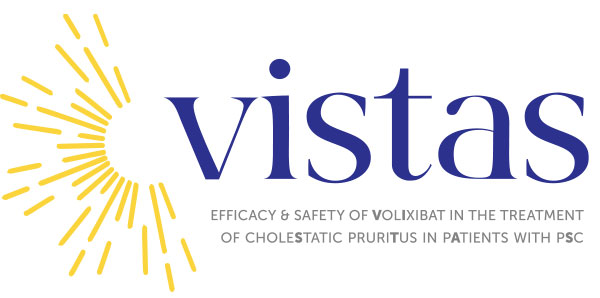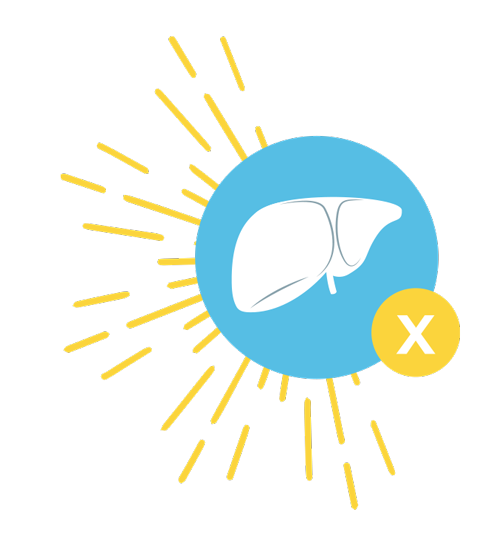Mirum Pharmaceuticals, Inc., based in Foster City, California, is a biopharmaceutical company focused on the development and commercialization of therapies to treat debilitating liver diseases. Mirum is developing two apical sodium bile transporter (ASBT) inhibitors for the treatment of cholestatic liver diseases, including maralixibat for pediatric liver diseases, and volixibat for adult liver diseases.
In addition to PSC, volixibat is being evaluated in intrahepatic cholestasis of pregnancy (ICP) and primary biliary cholangitis (PBC).
Maralixibat is an investigational oral drug in development for Alagille syndrome (ALGS), progressive familial intrahepatic cholestasis (PFIC), and biliary atresia (BA).
Mirum works closely with advocates and the patient communities to understand and address the most critical aspects affecting patients and families living with rare liver diseases.
For more information about Mirum, please visit MirumPharma.com.












